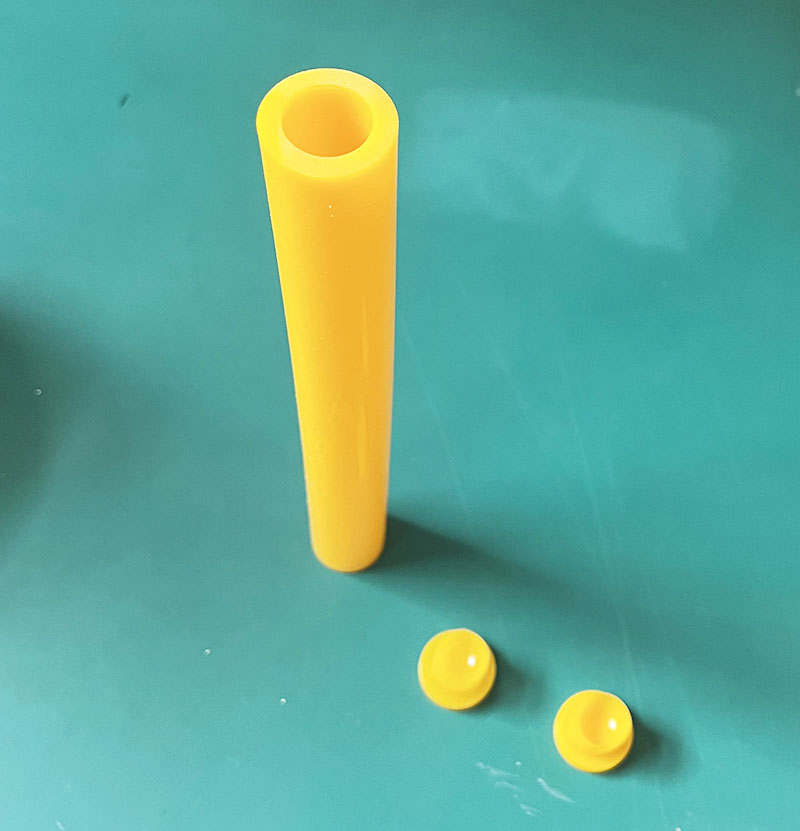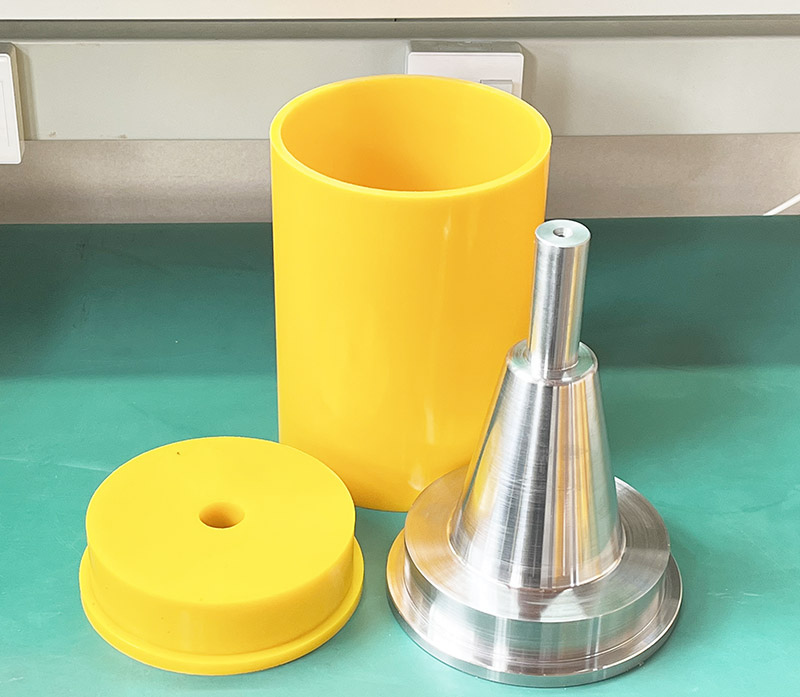
About Isostatic Pressing
Categories: Cold isostatic pressing bags
Application: About Isostatic Pressing
InquiryMain description:
About Isostatic Pressing


About Isostatic Pressing
About Isostatic Pressing
1. What is the difference between hot isostatic pressing and cold isostatic pressing?
Isostatic pressing is performed "cold" or "hot." Cold isostatic pressing (CIP) is used to compact green parts at ambient temperatures, while hot isostatic pressing (HIP) is used to fully consolidate parts at elevated temperatures by solid-state diffusion.
2. What are the benefits of shipping hot isostatic pressing?
Advantages of Hot Isostatic Pressing Casting
Predictability: Consistency of mechanical properties improved.
Mechanical properties: Increased tensile strength, impact strength, and ductility.
Improved surface finish: Removes internal porosity enabling smooth, pore free wear surfaces.
3. What is isostatic compaction?
Isostatic pressing (cold isostatic pressing) consists in compacting a powder in an elastomeric container submersed in a fluid at a pressure of 20 to 400 MPa.
4. Difference between HIP and Hot Pressing
HIP applies isostatic pressure to materials using gas pressure, while hot pressing applies only uniaxial pressure.

5. What is the meaning of hot press forming?
Hot forming is a process of sheet metal forming that is also known as hot stamping or press hardening. All forming processes run above the recrystallization temperature of the metal used. During the hot forming of the sheet metal, the material recovers and softens.
6. What is hot compaction?
Hot compaction: Compaction is done at higher temperature & pressure. The powder is placed in a rigid die & compacted using direct current or induction currents. The material used for tooling is graphite, tungsten & cobalt alloys fiber reinforced fiber, heat resistant alloy.
7. What is isostatic presses used for?
Isostatic presses are used for compressing powdered materials into shaped pre-forms or general products. There are two main types of isostatic presses; cold isostatic presses (CIP) that function at room temperature and hot isostatic presses (HIP) that function at elevated temperatures.
8. How does isostatic press work?
HIP, Hot Isostatic Pressing, is one of material processing methods, which compresses materials by applying high temperature of several hundreds to 2000 °C and isostatic pressure of several tens to 200MPa at the same time. Argon is the most commonly used pressure medium. Hot pressing is very similar to HIP.
